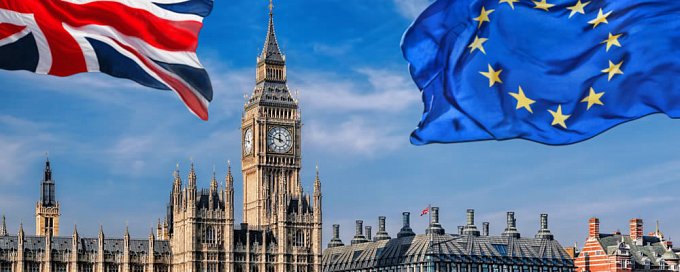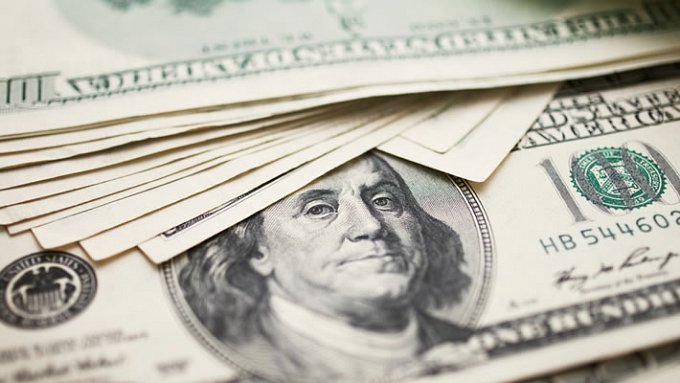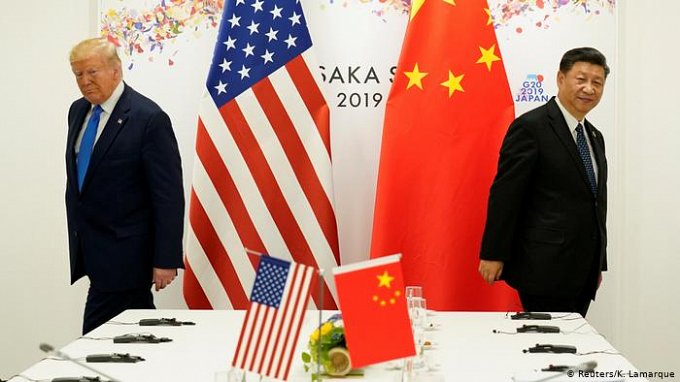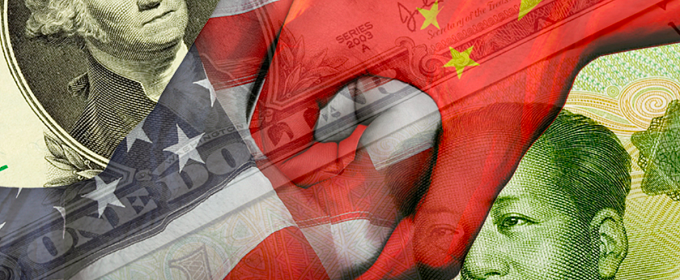The euro declined against the dollar yesterday, as uncertainty about the progress of trade talks between the United States and China fueled demand for the greenback. The dollar had come under some pressure this week as some decent eurozone data and surprisingly strong China survey figures raised hopes that the global economy will pick up traction next year and boost demand for non-U.S. currencies. Sterling rose against greenback, as investors betted that, a parliamentary majority under the right-leaning Conservative Party would do more good for the pound than ongoing worries about disintegration from the European Union. Polls have consistently given Johnson’s party a lead over the opposition Labour Party. While Johnson has vowed to take Britain out of the EU on Jan. 31, the Labour Party has said it would push for a second referendum on the departure.
Meanwhile, the dollar strengthened against the Japanese yen, as nagging fears the Sino-U.S. trade war will drag on increased demand for safe haven assets. Washington and Beijing are moving closer to agreeing on the amount of tariffs to be rolled back in a phase-one trade deal. The report comes a day after U.S. President Donald Trump said a trade agreement may be delayed until after the November 2020 U.S. elections, which prompted a sell-off in dollar.
Economic data puts the EUR in focus, while the Pound continues to rise on expectations of a Tory victory.






